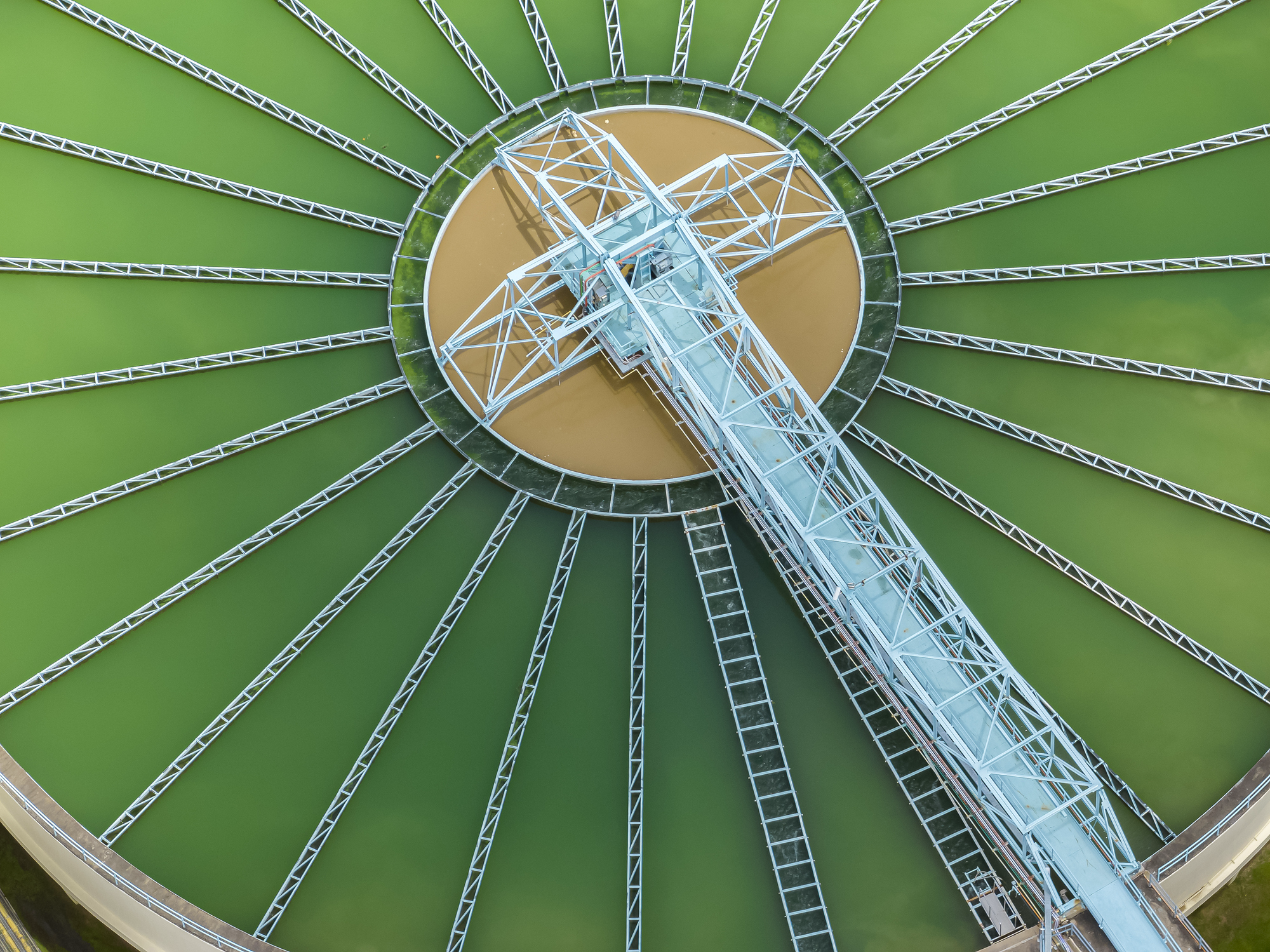The National League of Cities’ “Sustaining Wastewater Monitoring Capacity” webinar, the final installment in a series focused on improving community health outcomes through wastewater monitoring, delivered valuable insights and practical strategies for ensuring the long-term success of this crucial public health tool.
For many city leaders, wastewater monitoring has become a familiar terrain. NLC tackled its complexities, navigated its challenges, and witnessed its power to protect public health with early detection of viruses such as SARS-CoV-2. While much ground has been covered, experts from the Centers for Disease Control and Prevention (CDC), the Water Environment Federation (WEF), and the Association of Public Health Laboratories (APHL) showcased the crucial role of cross-sector collaboration, demonstrating how public health officials, utilities, and laboratories can work together to overcome challenges and adapt to the rapidly evolving field of wastewater monitoring, ultimately building resilient programs that safeguard public health.
Given we are currently seeing an exponential surge in COVID-19 numbers – the second highest since the pandemic began in 2020 – strengthening wastewater monitoring programs health becomes even more critical for early detection of outbreaks, enabling proactive public health interventions to mitigate the spread and protect communities.
That’s precisely why the insights and resources shared during the Sustaining Wastewater Monitoring Capacity webinar are so timely. Here’s what we discovered:
- With over 1,500 sites across 50 states and territories contributing data, CDC’s National Wastewater Surveillance System (NWSS) is a nationwide network that monitors wastewater for early detection of infectious diseases. NWSS’ COVID-19 data dashboard provides multiple views of wastewater data, such as viral activity level, geographic trends and variants, making it easier for the public to understand and take action.
- NWSS has three active communities of practice (COPs) utilities, laboratories, and health departments – that provide technical assistance, resources, and shared learning opportunities with the shared goal of leveraging high-quality, community-level data to swiftly and effectively prevent the spread of diseases.
- The NWSS Health Department COP convenes monthly meetings for public health professionals to exchange insights and foster the advancement of wastewater surveillance practices. These sessions cover CDC updates, troubleshooting discussions on relevant topics, peer-to-peer collaboration, and the provision of technical assistance to enhance the capabilities of public health professionals. To join the health department COP, please reach out to nwss@cdc.gov.
- The NWSS Utilities COP, hosted by the Water Environment Federation, focuses on best practices, including sample collection logistics, communication, and conveying the value of wastewater surveillance. The Utilities COP promotes collaboration among utility professionals to expedite implementation and support public health decision-making. Along with technical assistance, members have the opportunity to participate in shared learning through in-person and monthly virtual meetings and workshops, weekly emails, a resource-rich website, and a private SharePoint site with tools and a discussion board. Join the Utilities COP by completing the registration form located at the bottom of this webpage.
- Hosted by the Association for Public Health Laboratories, the NWSS Laboratory COP provides laboratory scientists with a digital forum called and monthly calls to discuss best practices, ask questions, and hear from colleagues and federal partners. ColLABorate also serves as a resource repository, including meeting presentations, minutes, agendas, and a curated list of assistance APHL offers to laboratories as they seek to develop or enhance their wastewater surveillance activities. Contact APHL to join the Laboratories COP.
Watch the Webinar Recording
View a recording of this webinar and learn how your own community can sustain a wastewater monitoring practice in your community.









